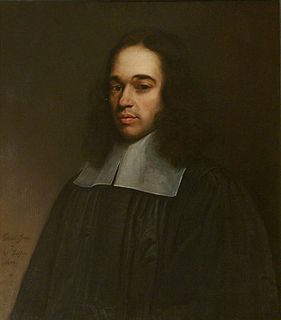A Quote by Francis Bacon
One of the Seven [wise men of Greece] was wont to say: That laws were like cobwebs, where the small flies are caught and the great break through.
Related Quotes
There are men put on this earth to make laws designed to break the spirits of men. There are those put here to have their spirits broken by those put here to break them. Then there are those who are here to break the laws that break the men who break the spirits of other men. I am one of those men. - Harry West
Does man's freedom consist in revolting against all laws? We say no, in so far as laws are natural, economic, and social laws, not authoritatively imposed but inherent in things, in relations, in situations, the natural development of which is expressed by those laws. We say YES if they are political and juridical laws, imposed upon men by men.
So the Great Santini was how he liked being referred to by his children. He would line up his seven children, and there was this ritual we'd go through. And he would say, who's the greatest of them all? And we - the seven - would say, you are, oh, Great Santini. And he would say, who knows all, hears all and sees all? You do, oh, Great Santini. So this was the ridiculous way I was raised.









































